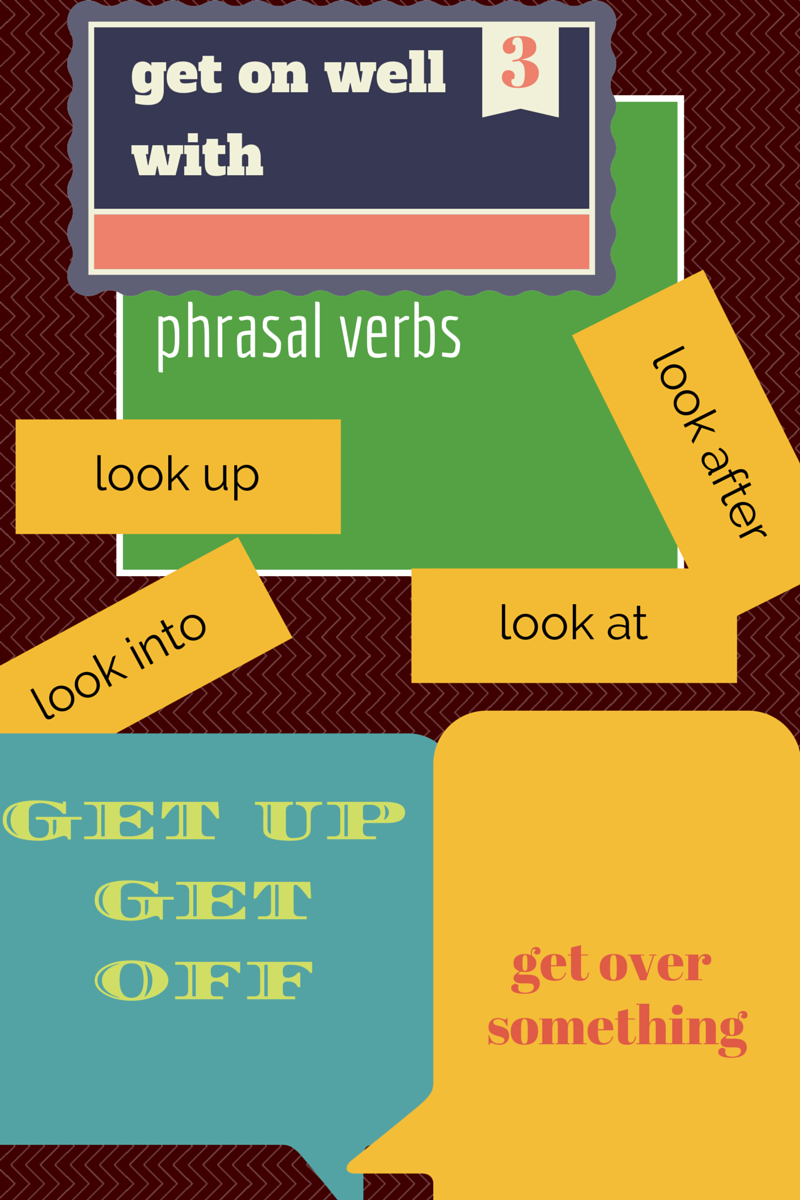From time to time we are required to write a formal piece of writing, usually a letter. We can write a covering letter to support our job application form or a letter of complaint when we are dissatisfied with service that we received. Regardless of the type of letter that we need to write, it's always good to have a plan.
Let's look closely at the following situation:
You have a direct debit of £35 set up with your mobile phone provider to pay for your phone bill every month. Last month, £335 was taken from your account and as a result you went £200 overdraft. You need to write a letter of complaint to the bank manager of your bank explaining the situation and suggesting resolution to the problem.
First, we need to have a
plan for our letter. There are a few ways in which you can plan your writing. Here, you have got four examples: a list, a writing frame, a flow chart and a mind map. All of the examples show various ways in which you can plan the letter above.
List
Writing frame
Flow chart
Mind map
So once you have a plan you need to write a draft. A draft is the first version of your letter. Many students think that the first version of their piece of writing is good enough to go. That's a mistake. A draft is just a way of putting your plan into a letter-like shape but it is NOT the letter that you can send. At this stage you just need to write and not worry about the grammar mistakes or spelling problems. You will correct them later. Below, you have an example of a draft.
Once you have your draft, there are many ways in which you can improve it. Below you have a mind map which shows different aspects that need to be looked at when editing a piece of writing.
by mariolahejduk
So, below you have an example of how we could correct the draft. Please bear in mind that this
might not be the final version yet. You might need more editing before you arrive at a version that you are happy with.
So now it's time to write the final version of our letter. Here's an example:
Jane
Smith
12
White Gardens
London
WS1
4QR
The Manager 22.01.14
Lloyds Bank
12 Poor Street
TS5 7RJ
Dear Sir/Madam,
I am writing to complain about an unauthorised transaction
that took place on my bank account (bank account number 44123124) on Thursday 18.01.14.
I have a direct debit set up with my mobile phone provider,
Vodafone, of £35. The amount is taken from my account at the beginning of every
month. Last week, £335 was taken from my bank account. I called Vodafone to
enquire about it but they said that they only received the usual amount. So the
problem seems to be with your system.
As a result of this mistake, I went £200 overdraft and I am
being charged an overdraft fee of £5 every day. What is more, last weekend I
could not afford my weekly shopping and I am not able to pay other bills which
are due this month. I find this whole situation very stressful and I am
disappointed with the fact that your bank allowed such situation to happen.
Can you give this matter your immediate attention? I would
like you to refund my money immediately and cancel any overdraft charges.
Yours faithfully,
Jane Smith
Remember that writing is a process. You need to start with a plan, i.e. you generate ideas and try to write them down showing relationship between them. Then, you write your ideas in sentences in paragraphs, i.e. you create your draft. Finally, you edit your work. You check for grammar, spelling and punctuation mistakes but also you add and delete sentences and you change words so that they sound more formal.





































